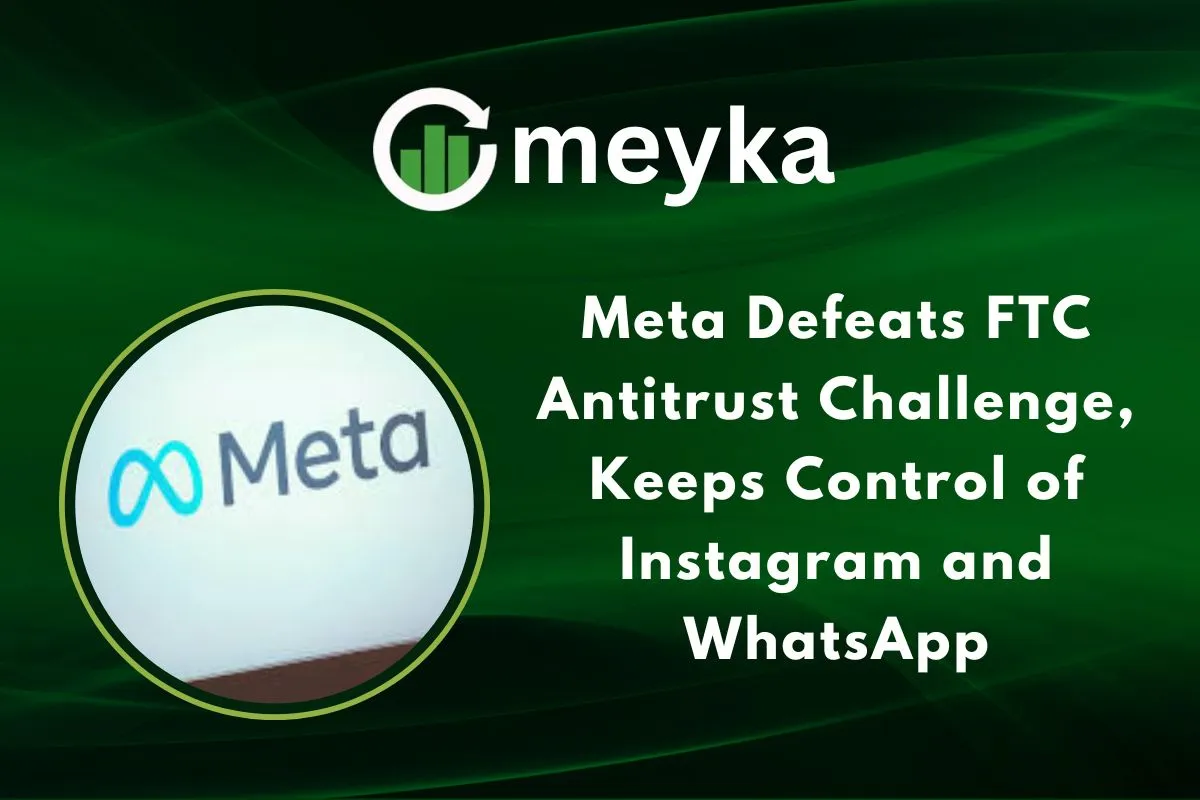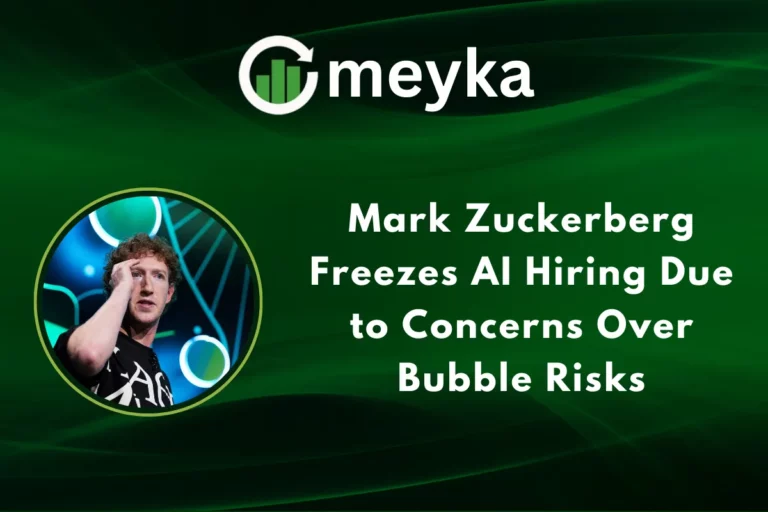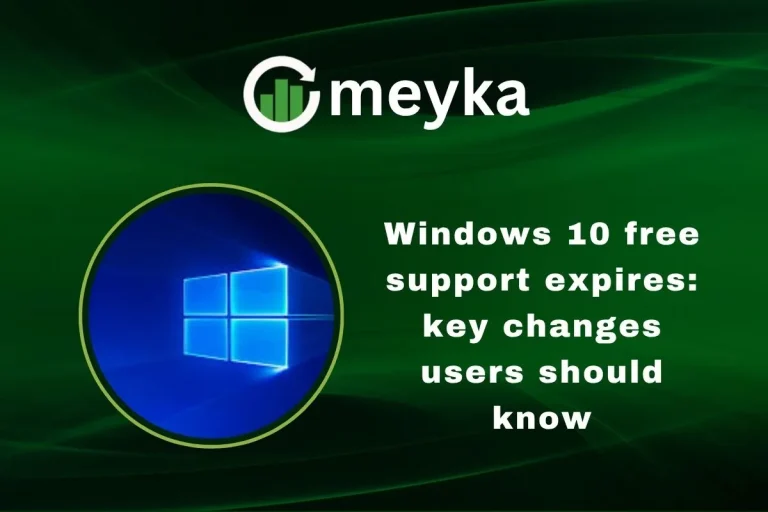Meta Defeats FTC Antitrust Challenge, Keeps Control of Instagram and WhatsApp
Meta has scored a huge win in court. A U.S. judge recently ruled that the company does not hold an illegal monopoly, and Meta will not have to spin off Instagram or WhatsApp. The Federal Trade Commission (FTC) had argued that by buying these firms, Meta stifled competition. But the court disagreed. The judge said Meta still faces strong rivals like TikTok and YouTube. This decision changes the game for Big Tech regulation. It shows how hard it is for regulators to apply traditional antitrust rules in a fast‑shifting tech world.
Continue Reading on Meyka
This article is available in full on our main platform. Get access to complete analysis, stock insights, and more.
Read Full Article →





